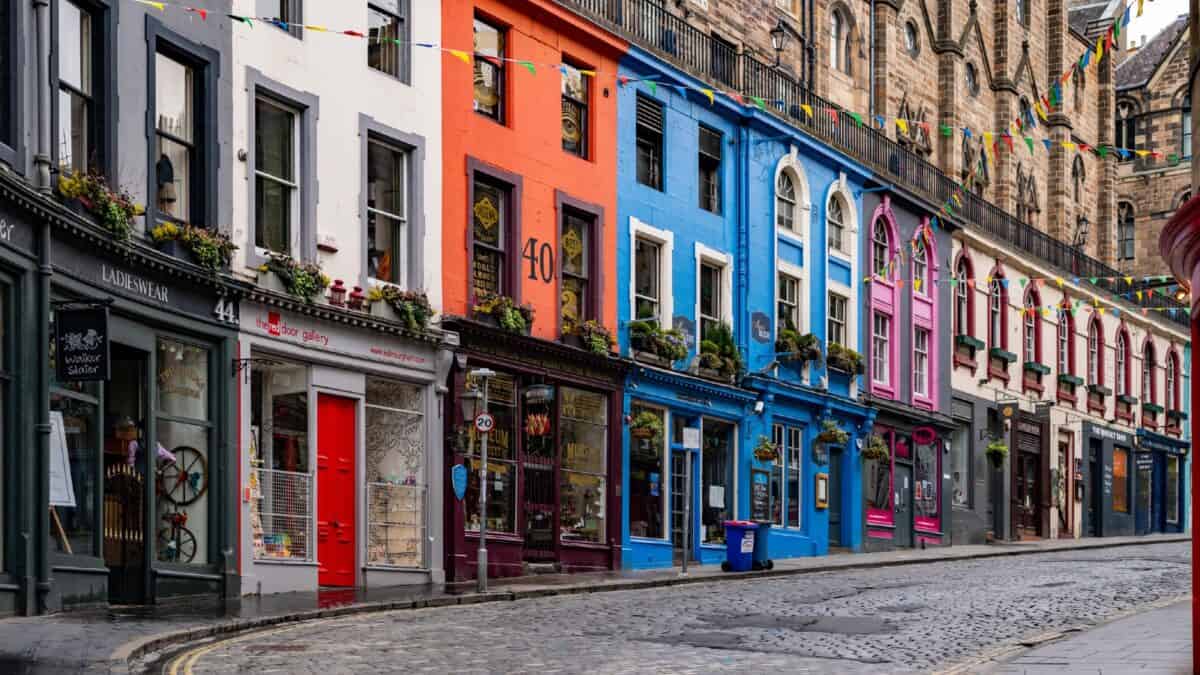
Image source: Getty Images
I recently bought some shares in baker Greggs (LSE: GRG) at what looked like a tasty price to me. That came about after the company’s full-year results disappointed the City due to signs of sales growth slowing down.
To me, it looked like the results also contained a lot of good news and I reckoned that the share was a potential bargain. Since then, however, what has happened?
The share has fallen even further!
In fact, today (31 March), it hit a new 12-month low. Sure, it is still 15% higher than it was five years ago. But the price is 45% below where it stood as recently as September.
A falling share price could mean that Greggs is now even more of a potential bargain than it was when I invested and I ought to consider buying more shares.
But it could also be a red flag that this is what is known as a value trap.
Some common value trap elements
A value trap is exactly what it sounds like: a share that looks cheap but in fact turns out not to be, as an already low-seeming share price falls further.
Greggs shares at the moment do display some signs commonly seen in value traps.
For one, the valuation looks fairly cheap. Specifically, the price-to-earnings ratio of 12 does not look pricy to me for a well-established, profitable firm with a proven business model.
On top of that, Greggs has done very well in the past, growing its sales and building strong customer loyalty. Many value traps looks cheap because the business has a strong track record of performance. But of course, what has happened before is not necessarily an indicator of what is to come – and a once-mighty company can fall a long way in a short time.
I see a long-term bargain
There are risks for Greggs, to be sure.
Its store-opening programme has added sales volumes, but it costs money to build and fit out shops. As high streets continue to struggle, parts of Greggs’ shop estate could face difficulties in maintaining their current level of customer visits in coming years.
On balance, though, I reckon the company’s best days are likely ahead of it. Its business is simple and benefits from economies of scale that can grow over time, for example, as it opens more centralised production facilities.
Demand for affordable food will remain high for the long term, I reckon. Greggs has developed a unique menu of competitively priced products that help it meet that need. By expanding its business into evening trade, it is able to make better use of existing assets that have historically been more heavily used earlier in the day.
While the City has fretted over lower growth rates, Greggs expects to keep growing — and remains solidly profitable.
To me, Greggs shares do not look like a value trap so much as a potential bargain to hold for the long term. If I have spare cash to invest in April, I will consider buying some more for my portfolio.













